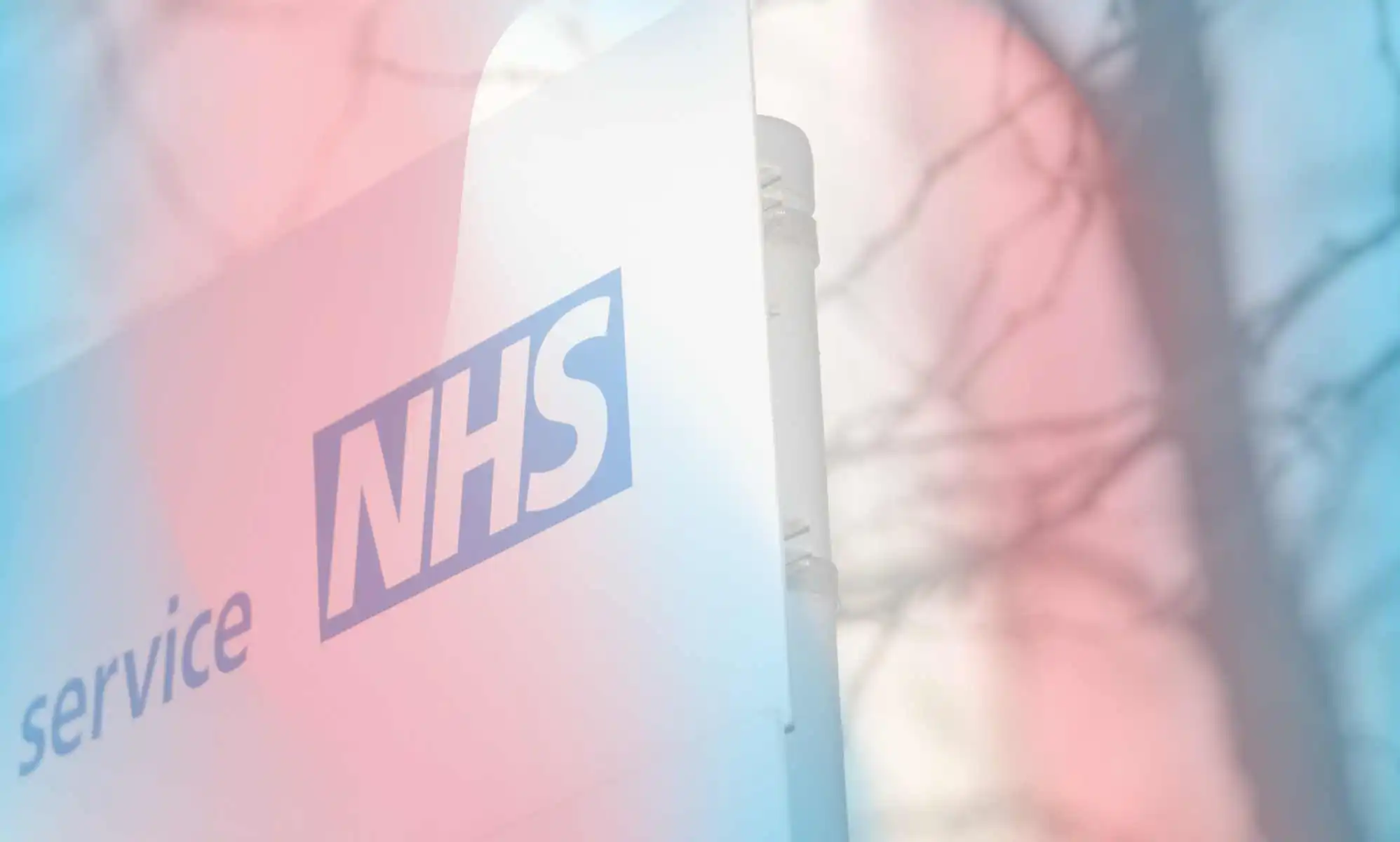NHS satisfaction at all time low – but that’s the tip of the iceberg if you’re trans
Sign up for more LGBTQ+ news and updates at TrueQueer.
Public satisfaction with the NHS in the UK has hit an all-time low, according to the latest British Social Attitudes survey. The survey, which has been conducted since 1983, revealed that only 24 percent of the public are currently happy with the National Health Service. This figure is a significant drop from the all-time high of 70 percent recorded in 2010 and is down five percentage points from the previous year. The most common issues cited by those surveyed were long waiting times, staffing shortages, and lack of funding.
While these findings paint a grim picture of the state of the NHS, for trans individuals, the situation is even more dire. Research has shown that 86 percent of trans people feel that waiting times for gender-affirming care have negatively impacted their mental health. These waiting times can stretch for decades, as highlighted in a recent Transition Access Survey conducted by Trans Actual, which found that only 15 percent of those referred to a Gender Identity Clinic after 2017 had attended their first appointment by the time they were surveyed.
The extreme wait times for trans healthcare have led to legal action against NHS England, with four trans individuals, trans-led charity Gendered Intelligence, and the Good Law Project taking the matter to the High Court. Despite their efforts, the court dismissed the case in August 2023, ruling that NHS England’s duty to refer 92 percent of patients on a waiting list to specialist clinics within 18 weeks was only a “target duty” and not enforceable.
The challenges faced by trans individuals seeking healthcare have been further exacerbated by recent decisions by NHS England, including the announcement that trans youth will no longer be prescribed puberty blockers at gender identity clinics. This move has been met with disappointment and criticism from trans youth charity Mermaids, who see it as a further restriction of support for trans children and young people.
In response to the British Social Attitudes survey findings, Robbie de Santos from Stonewall emphasized the need for improved access to healthcare for trans patients. He highlighted the discrimination faced by trans individuals in general healthcare and called for increased capacity for trans healthcare services within the NHS.
The current state of affairs has left many gender-questioning youngsters feeling isolated and unsupported. The lack of access to timely and appropriate healthcare has only added to their struggles, leading to a sense of stagnation and despair. Despite these challenges, there is a call for the NHS to address these issues head-on and work towards providing better care for all patients, regardless of their gender identity.
In response to the survey findings, Chris Hopson, chief strategy officer at NHS England, acknowledged the pressures facing NHS services but also highlighted the efforts being made to improve access to care. He noted that frontline services have responded to increased demand and that more patients are being treated than ever before. While there is still much work to be done, he expressed optimism about the NHS’s plans to recover access to emergency, primary, and dental care, as well as reduce waiting times for cancer treatment, ambulance services, and elective procedures.
Overall, the findings of the British Social Attitudes survey highlight the challenges faced by both the general public and specific communities like trans individuals in accessing healthcare in the UK. As discussions continue around improving the NHS and addressing the needs of all patients, it is clear that there is a pressing need for greater inclusivity and support for marginalized groups within the healthcare system.
Follow us on: Facebook for more LGBTQ+ news and updates at TrueQueer.
NHS satisfaction
![]()

